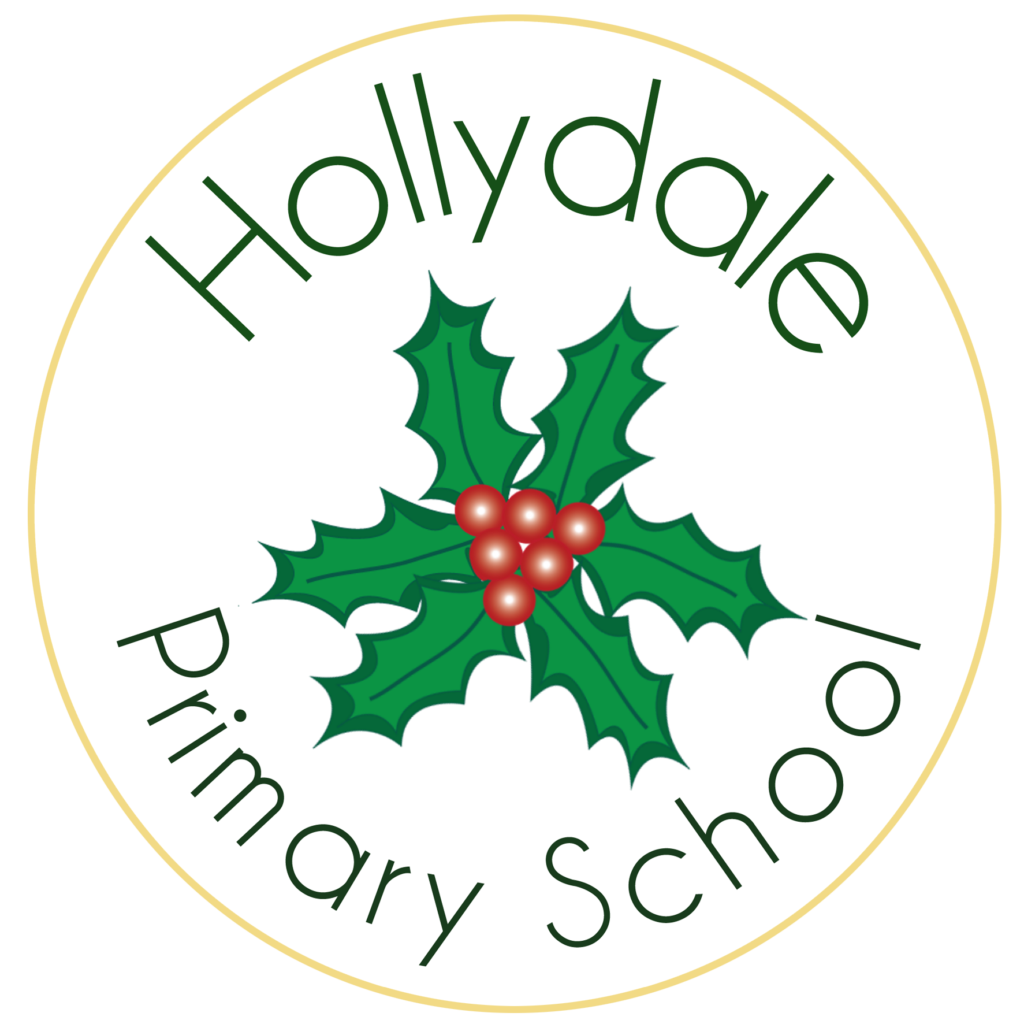PRIME AREAS :
Communication and language – Development involves giving children opportunities to experience a rich language environment; to develop their confidence and skills in expressing themselves; and to speak and listen in a range of situations. Children are encouraged to extend their vocabulary and fluency by talking and listening and by hearing and responding to stories, songs and rhymes.
Physical development – Children are encouraged to be active and interactive; and to develop their co-ordination, control, and movement. Children must also be helped to understand the importance of physical activity, and to make healthy choices in relation to food. A range of equipment and opportunities both indoors and outdoors allows children to develop confidence and enjoyment in the use of their bodily skills. Adult support enables children to safely create and meet physical challenges, developing increasing skill and control in moving, climbing and balancing. Physical skills are taught through a clear sequence of progression by the school’s PE coach once a week. Children are also supported in the development of fine motor skills required to use tools, including pens and pencils and to handle small objects with increasing control and precision.
Personal, social and emotional development – Children are taught to develop a positive sense of themselves, and others, to form positive relationships and develop respect for others; to develop social skills and learn how to manage their feelings; to understand appropriate behaviour in groups; and to have confidence in their own abilities. Within a nurturing environment, children are individually supported in developing confidence, autonomy and self-respect. They are encouraged to work and concentrate independently and also take part in the life of the class, sharing and co-operating with other children and adults. We use the “Zones of Regulation” to help support children in identifying and regulating their emotions. We teach children strategies to help self sooth and thus enabling them to manage their feelings and behaviour. We deliver a programme called “MindUp” which teaches children the function of the brain and how to care and look after their mental health. The children practise Brain Breaks three times a day which is a mindfulness practise.
As children grow, the prime areas are strengthened and these will help them to develop skills in the four specific areas.
SPECIFIC AREAS:

